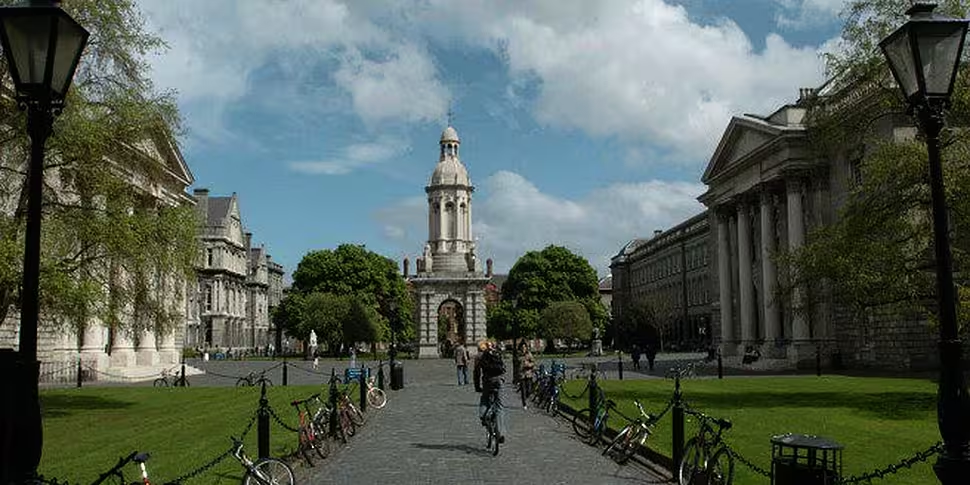Researchers from Trinity College are trialing a new form of treatment to help people with severe depression.
It involves using the drug ketamine, a drug that's been linked to recreational use.
They're running trials where they'll treat patients who've just recovered from a severe depressive episode and use the drug to try and prevent them from relapsing.
It won't be used on it's own but in conjunction with the treatments the person has already been prescribed.
Professor Declan McLoughlin is leading the research.
"Really what we're trying to do is,here's a pharmacological way to give people extra neurotrophic support, extra brain protection in a way, during that high vulnerability period when they've just got better".
"This would be a single infusion once a week, for four weeks, to give them extra support during this high risk period for depression relapse."
Around 60 percent of people who've been treated for an episode of severe depression become unwell again 6 months later.
Professor McLoughlin says small doses of ketamine may help keep them well.
"That really spurred our interest, is there something more we can do to protect people from relapsing. Ketamine has a very short acting but very profound anti-depressant effect".
The trials on two groups of patients will continue until at least early next year.













